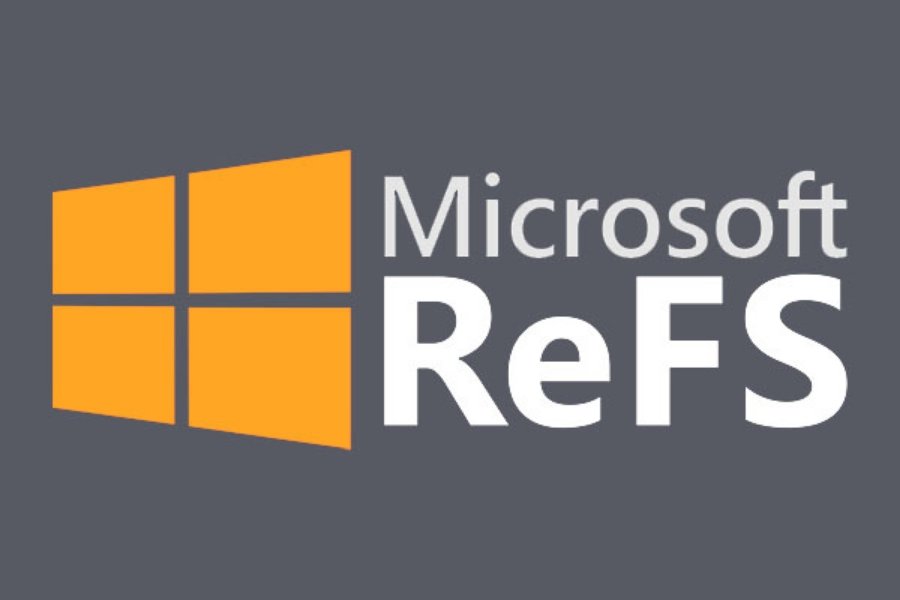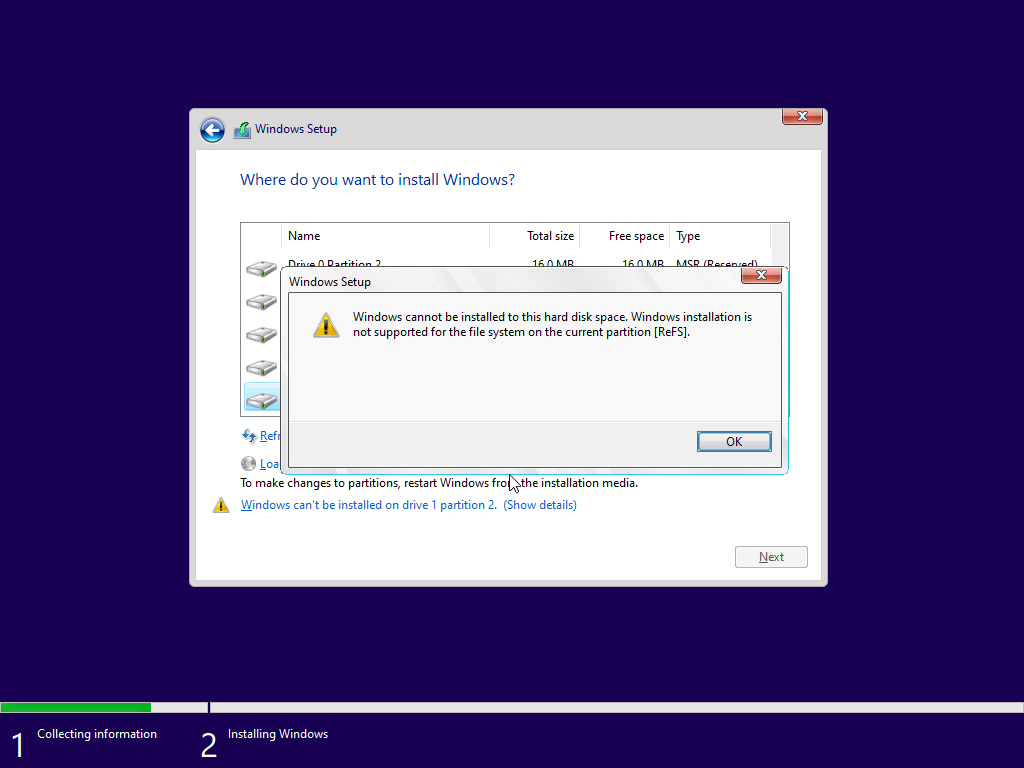In 2011-12, when Microsoft released Windows 8, it also introduced a new file system called Resilient File System or ReFS.
Compared to New Technology File System ή NTFS, ReFS promised greater durability, better performance, and in virtual machines (VMs) and support for larger data sizes (up to 35PB versus the 256TB supported by NTFS).

However, until now, the next-generation file system was limited to systems running Windows Server. In fact, if you remember, Microsoft limited ReFS support to only professional and enterprise drives with Windows 10 SKUs the 2017.
However in 2023 things could very soon change for the better when it comes to ReFS support on the company's customer OS systems. First spotted by Twitter user Xeno, and it looks like the company from Redmond is starting to prepare to enable ReFS features in Windows 11.
Currently the feature is still disabled in the latest Windows 25281 Dev channel build 11, it can be enabled using a special ID “42189933”.
Windows 11 can be installed to a disk with ReFS when this ID is enabled speeds.
Meanwhile, the effort installations of Windows 25281 version 11 without the ID enabled results in the installation aborting with the following message:

Windows cannot be installed on this hard drive space. Windows installation is not supported for the file system in the current apartment [ReFS].
PhantomOcean3, another user of his Twitter it reports that the installation generally went well, although it encountered a green screen of death (GSOD) once.



